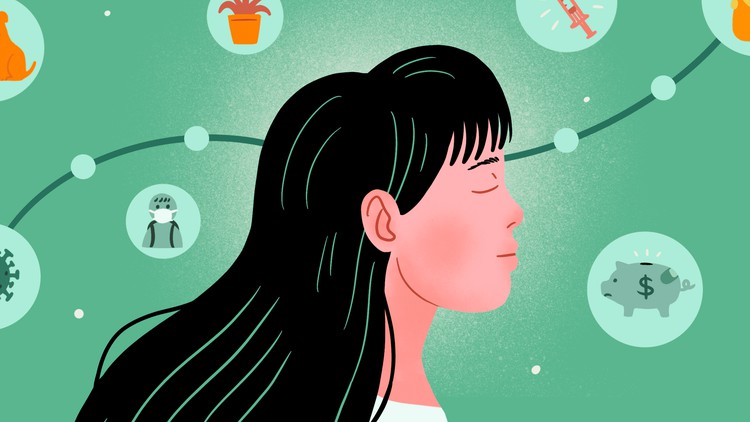
Description
What Is Mental Health?
Mental health includes our emotional, psychological, and social well-being. It affects how we think, feel, and act. It also helps determine how we handle stress, relate to others, and make choices. Mental health is important at every stage of life, from childhood and adolescence through adulthood.
Throughout your life, if you experience mental health problems, your thinking, mood, and behaviour could be affected. Many factors contribute to mental health problems, including:
- Biological factors, such as genes or brain chemistry
- Life experiences, such as trauma or abuse
- Family history of mental health problems
Mental health problems are common but help is available. People with mental health problems can get better and many recover completely.
Mental health refers to cognitive, behavioural, and emotional well-being. It is all about how people think, feel, and behave. People sometimes use the term “mental health” to mean the absence of a mental disorder.
Mental health can affect daily living, relationships, and physical health.
However, this link also works in the other direction. Factors in people’s lives, interpersonal connections, and physical factors can all contribute to mental health disruptions.
Looking after mental health can preserve a person’s ability to enjoy life. Doing this involves reaching a balance between life activities, responsibilities, and efforts to achieve psychological resilience.
Conditions such as stress, depression, and anxiety can all affect mental health and disrupt a person’s routine.
In this course, you will learn various techniques that can help you combat everyday problems such as stress, depression, addictions, productivity, etc.
The techniques shared with you in this course come directly from time-tested psychotherapies such as CBT, DBT & ACT. Although this course is made for a general audience, I believe these techniques of mental health can be used in professional counselling and therapy which suggests if you are a counsellor or aspiring to be one you can still benefit tremendously from this course.



